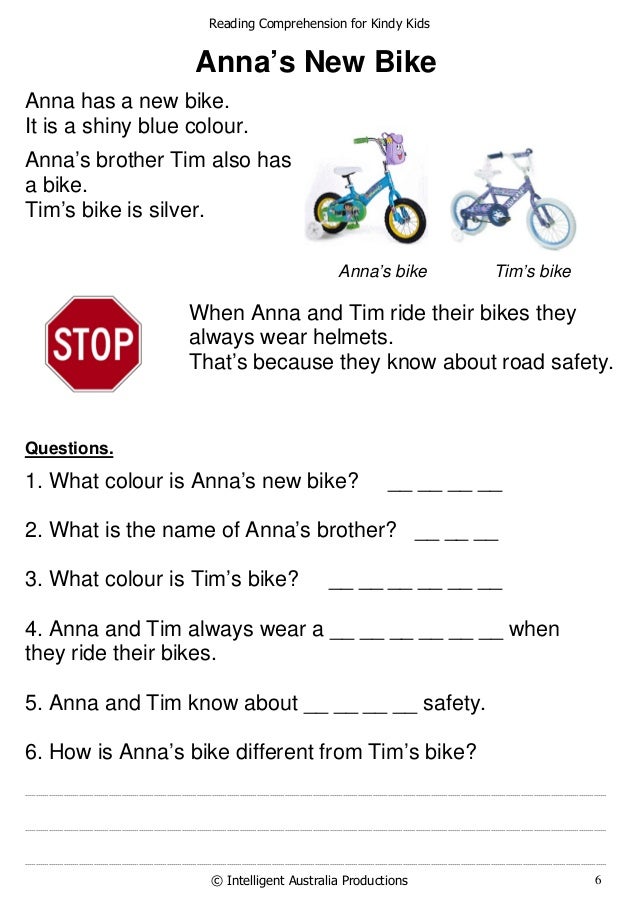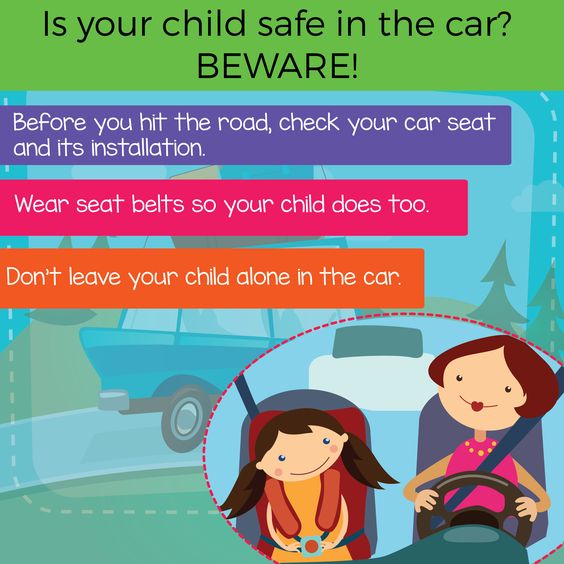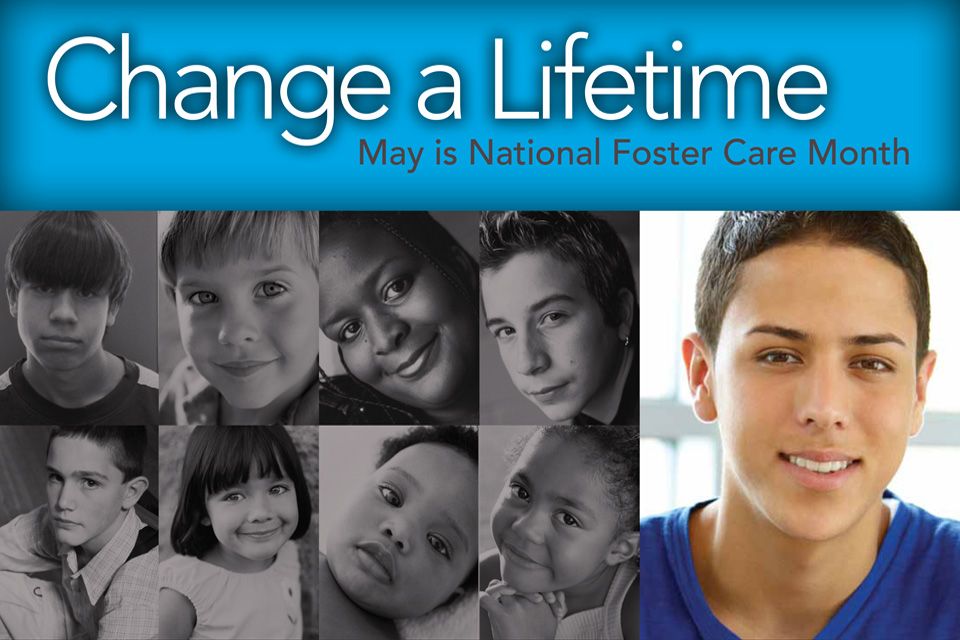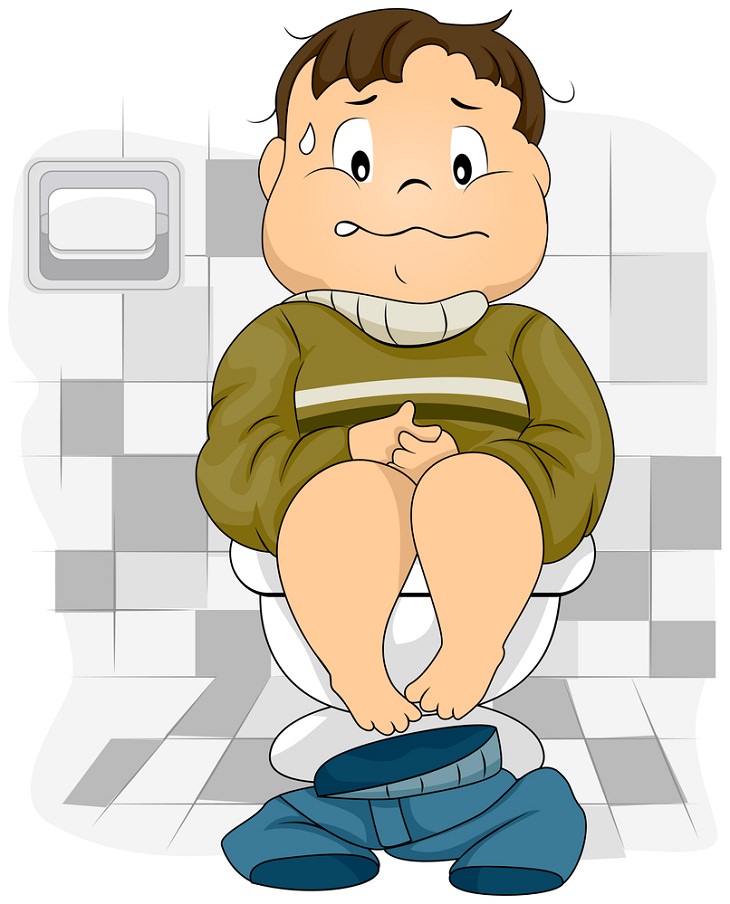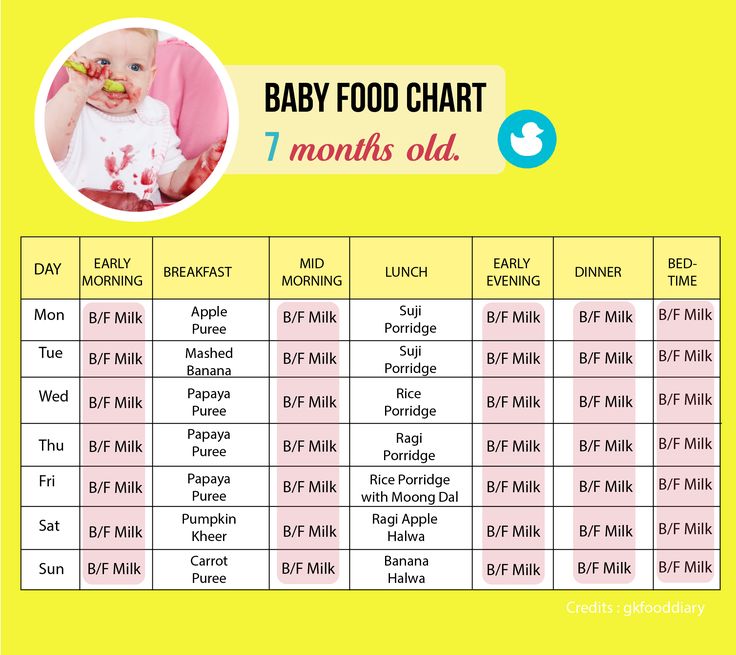How can i tell if my child is mixed
5 Things to Know if You Love a Mixed-Race Kid
by Sara-Momii RobertsWhile being a person of multiracial or “mixed” background can be highly idiosyncratic, there are some common themes across experiences. Knowing some of these commonalities can provide support to parents, family members, teachers and others who want to understand what mixed-kids in a racially obsessed society might go through. These examples are drawn from my life and from my conversations with other racially mixed people over the years.
1. Racially mixed kids may be “read” differently depending on who they are around.
My eight year-old son is Guyanese, Japanese and white. Among his nearly all-white classmates, he’s perceived as a dark-skinned boy. The color he chooses for self-portraits drawn in school are always two or three shades darker than his actual skin color. On his all-black basketball team, he’s called the light-skinned team member. Among my husband’s Puerto Rican family members he looks Puerto Rican. Sitting next to me, it’s clear that he’s part Asian.
While my son can’t fully process these racial identity realities yet, this ambiguity, this fluidity, is a common experience among racially mixed people. To borrow from W.E.B. Du Bois’ notion of “double consciousness,” many racially mixed people learn to see themselves through their own eyes and through the eyes of others.
2. Mixed kids may look different over time and may need to actively assert all parts of themselves to others.
At birth, my son’s hair was dark and straight, his skin was light and his eyes were almond. Looking at my newborn son, my first thought was that I’d given birth to my late Japanese grandfather. Eight years later, my son’s hair is full of bouncy curls, his skin is caramel and his eyes are wide. Today his middle name is the most evident trait he shares with his great grandfather.
3. Mixed kids may be treated in ways inconsistent with the way they see themselves.
As a mixed race Japanese and white woman, my own features have changed over the years.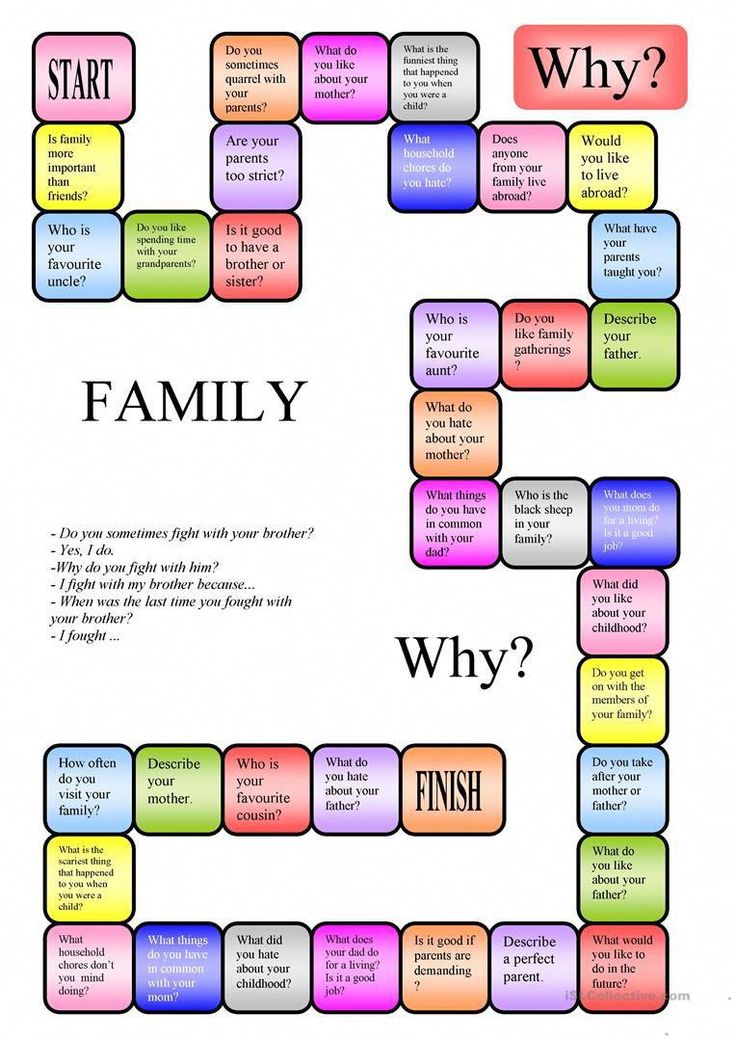 In the first grade a white classmate confronted me at recess, pulled the outside corners of his eyes wide, and sang, Chinese, Japanese, Your Knees, My Knees. I thought to myself, why would he sing this to me? Are my eyes slanted? In retrospect, I did look Asian at the time, but I hadn’t developed an Asian identity then.
In the first grade a white classmate confronted me at recess, pulled the outside corners of his eyes wide, and sang, Chinese, Japanese, Your Knees, My Knees. I thought to myself, why would he sing this to me? Are my eyes slanted? In retrospect, I did look Asian at the time, but I hadn’t developed an Asian identity then.
4. Mixed kids usually benefit from affinity group experiences.
An affinity group is a group of people who share a set of experiences, identities, or goals and meet to discuss them. As an educator who teaches about social justice and race-related issues, I’ve participated in many conferences about race over the years and had opportunities to be in mixed-race affinity groups. There is a powerful feeling of affirmation I experience in multiracial affinity groups that allows me to feel proud of who I am when connected with other mixed people. Kids who participate in supportive mixed-race affinity groups are also likely to feel pride and joy in who they are.
5.
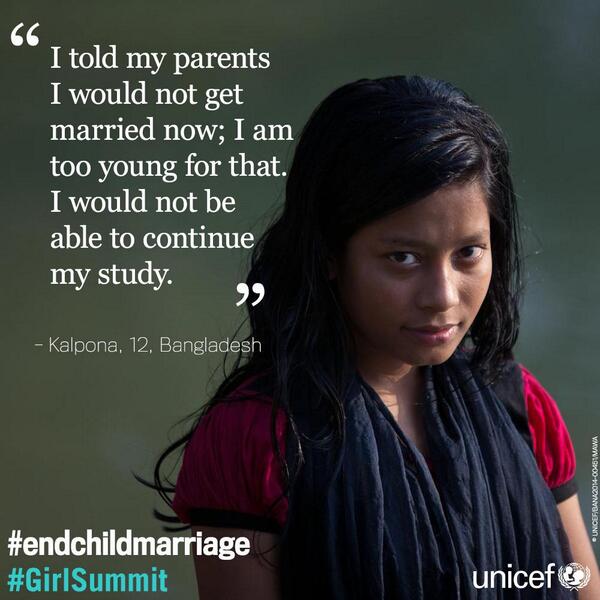 Maria P. Root’s “Bill of Rights for People of Mixed Race Descent,” or a version of it, can be affirming for mixed-race kids.
Maria P. Root’s “Bill of Rights for People of Mixed Race Descent,” or a version of it, can be affirming for mixed-race kids.Maria P. Root is a multiracial clinical psychologist and educator who has written seminal work on multiracial identity. I was first introduced to her research at an event put on by a community group for multiracial Asians. Root has identified and validated the shared experiences of mixed race people through her research and created documents to empower us. Her “Bill of Rights for People of Mixed Race Descent” is one such document.
Sharing the Bill of Rights with my son and “translating” it into kid-friendly language and sentiments, making it his and our own, was an immensely helpful exercise. It might be helpful for your mixed-race kid too.
You can find Dr. Root’s original Bill of Rights for People of Mixed Race Descent here and our (shorter) version below:
Bill of Rights for Kids of Mixed Race Descent
- I have the right not to be bullied about who I am.

- I have the right to be what I say.
- I have the right to not be teased about who I am.
- I have the right to call myself what I want to call myself.
- I have the right to be friends with whoever I want.
- I have a right to look differently than my sisters or brothers, and that’s okay.
Which box do second generation mixed race people fit into?
Britain has barely got its head around interracial relationships, and already we’re behind the times. The children of mixed couples from the 1960s and 70s are now adults, with their own kids – even grandkids.
But which box do they fit into? Black, white, Asian, mixed race? Is there a terminology that exists for second generation mixed race children that does not just shove them into the box labelled “other”?
Emma, who describes herself as half Mauritian and half Sri Lankan, resists the labels put on her: “I am classified as ‘Asian’ in the UK or ‘Asian – mixed’ or ‘mixed – other’ or ‘other’. I don’t resonate with any of these terms.”
I don’t resonate with any of these terms.”
Since having a son with her Nigerian partner, Emma is well aware that negotiating restrictive labels is about to get even more complex.
If her son was confused or asked for guidance, she says, she’d discuss it with him to find a term that he is comfortable with. But ultimately the choice would be his. “I think it’s important for us to identify ourselves as we feel as individuals,” she says.
This doesn’t mean, though, that other people aren’t already deciding for him – albeit in a positive, inclusive way. On the couple’s regular trips to Lagos, he’s embraced as a Nigerian and called “Yoruba boy”. And when the children at his London nursery had to make a flag of their country, he came home with a Nigerian flag.
The most important thing for the couple, though, is simply to celebrate all sides of their son’s ancestry. He has a Yoruba name and a Sanskrit name. He has traditional Nigerian and Asian clothes. He eats food from both cultures. And, says Emma, “we call him beautiful brown boy most of the time!”
And, says Emma, “we call him beautiful brown boy most of the time!”
“While there have been many studies of mixed-race relationships, there is precious little research on mixed-race families”
While there have been many studies of mixed-race relationships, there is precious little research on mixed-race families. This is something Miri Song, Professor of Sociology at the University of Kent, wants to change. Her new book, Multiracial Parents: Mixed Families, Generational Change and the Future of Race, explores some of these issues.
“There has been no study of how multiracial people think about the next generation down, their second generation mixed children,” writes Song in the book’s introductory chapter. “And as these second generation mixed individuals grow up, partner, and have children themselves, we are facing a fascinating yet unknown societal landscape.”
There is, she says, no single official definition of “mixed” in Britain.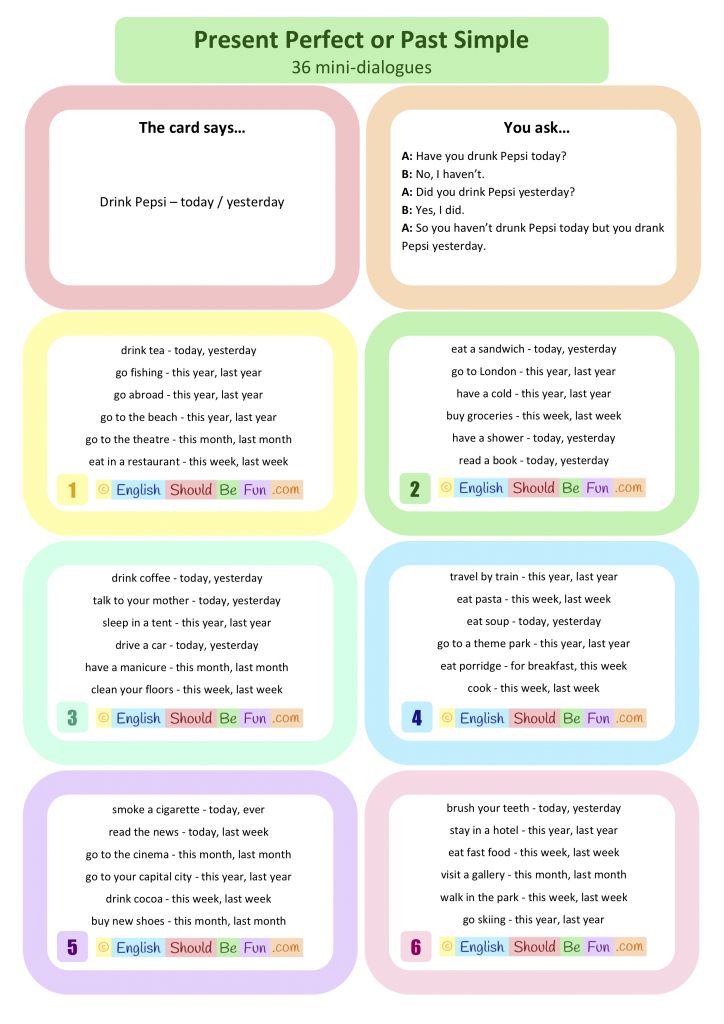 So can the children of multiracial parents use this ambiguity to call themselves mixed race too? In theory, yes, but in practice wider society often has other ideas. Mixed race has almost become shorthand for someone who has one black parent and one white. Any deviance from this ratio raises eyebrows.
So can the children of multiracial parents use this ambiguity to call themselves mixed race too? In theory, yes, but in practice wider society often has other ideas. Mixed race has almost become shorthand for someone who has one black parent and one white. Any deviance from this ratio raises eyebrows.
When I describe myself as mixed race, for example, people aren’t always convinced. “Is your dad black though? Or mixed?” they say suspiciously, looking at my more-curly-than-afro hair. I sometimes feel obliged to show a photo as “proof”.
“Mixed race has almost become shorthand for someone who has one black parent and one white. Any deviance from this ratio raises eyebrows”
Boxed out by existing terminology, some people of different racial mixes have come up with their own creative but slightly awkward descriptions, such as “blasian” (black and Asian), “blackanese” (black and Chinese, Vietnamese or Japanese), “blindian” (black and Indian), or Tiger Woods’s inventive “cablinasian” (Caucasian, black, Indian and Asian).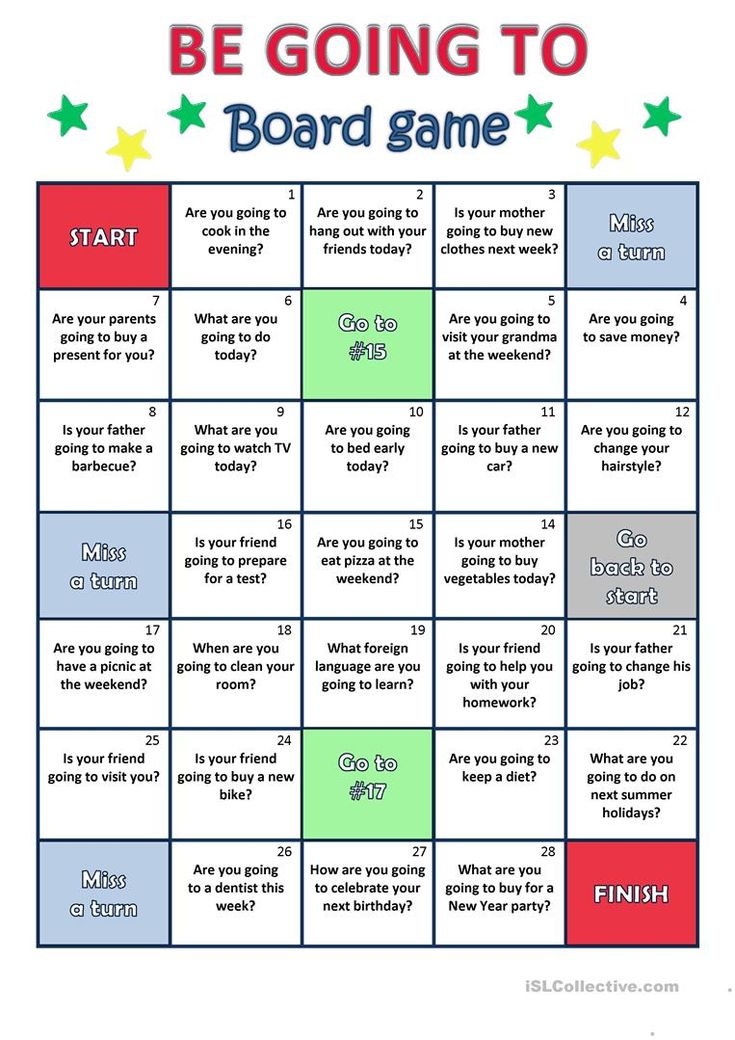
Sarah Bentley, founder of charity Made in Hackney, usually ticks White/British or White/Irish on forms to acknowledge her Irish ancestry. Her partner has Nigerian and English roots (“with a bit of Italian thrown in as well”). And though he’s only three and a half, their son is already noticing race.
“He came back from nursery saying, ‘I’m brown’ or ‘I’m black’ – I can’t quite remember which – and that prompted a very simple conversation,” says Bentley. “‘What colour is Mama?’ He says pink. ‘What colour is Dada?’ He says brown. We then say, ‘So what colour is Rowan? And he says, as we’ve told him this: ‘I’m brown too because I’m half pink from Mama and half brown from Dada’.”
What would she say if he described himself as white later in life? “I’d find that quite amusing at first as he clearly does not look white – but then I’d be quite disturbed […] We’d have to have a very serious conversation about where this was coming from, why he felt this and why it wasn’t accurate and wasn’t who he truly was.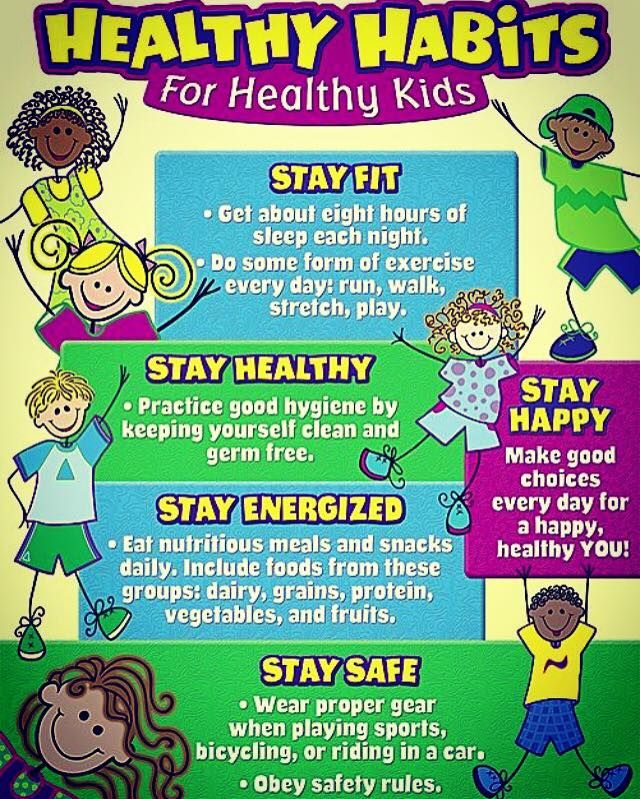 ”
”
If you have one white parent and one mixed parent (who is half Caucasian), calling yourself white may feel like denying the non-white element. Yet calling yourself mixed isn’t always accepted. Just look at Mariah Carey. Back in 1998 she clearly told Vibe magazine, “I am mixed”. But 5,400 people a month apparently still search online: ‘Is Mariah Carey black?’
“But 5,400 people a month still search online: ‘Is Mariah Carey black?'”
BBC broadcast journalist Nora Fakim explores issues of mixed-race and multicultural identity in her work, by interviewing diasporans struggling with definitions of home and also through her blog, Mixed Up Messed Up?.
Asked how she describes herself, Fakim’s definition is testament to the richness and complexities of many mixed-race identities today. “I guess normally I would say half Moroccan and half Mauritian,” she says. “But to be more specific I would say half North-African and half Mauritian-Indian as Mauritians are very diverse! I guess I could also put Arab-Indian mix.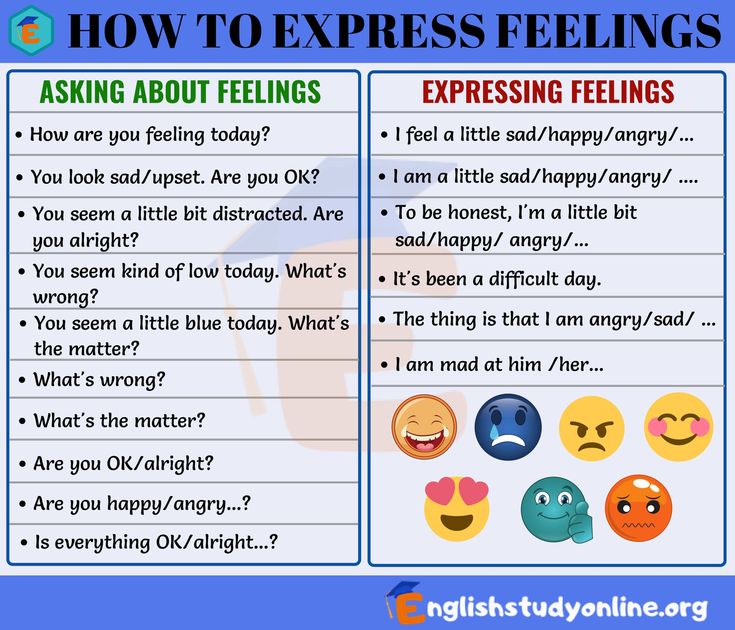 But it’s more complex than that, only because Morocco has more Berbers than Arabs and saying Indian is weird because being Mauritian-Indian is very different to being an Indian from India.”
But it’s more complex than that, only because Morocco has more Berbers than Arabs and saying Indian is weird because being Mauritian-Indian is very different to being an Indian from India.”
Try fitting that into the “other” box on a form.
Despite growing up in a predominantly white area, Fakim didn’t have many problems with racism. “I guess because people couldn’t figure out where I was from,” she says. “My friends who looked more Asian or black had more problems than me to be honest. My name is also Nora so some thought I was half Irish.”
She hopes that through her work she can highlight some of the complexities of straddling two or more cultures. “I think when you are mixed you can be judged from both sides simply because some people can’t figure you out,” she says. “But when you are mixed, you automatically don’t fit into a box.”
“Despite these concerns, mixed-race parents and children must also acknowledge the privilege that comes with being lighter skinned”
Labels and racial definitions, though, are just the tip of the iceberg.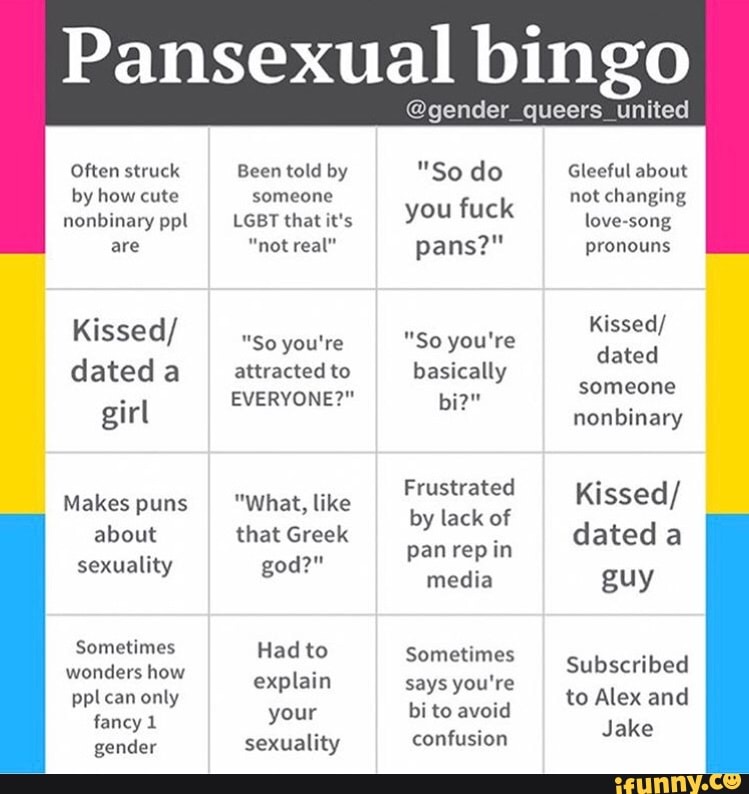 Mixed-race parents may also experience feelings of identity loss or cultural rejection. Some may worry about the reaction of strangers to, say, a mixed woman with a “white” child. Others may feel ill-equipped to support their darker-skinned child through negative experiences that they as a lighter-skinned person mostly dodged.
Mixed-race parents may also experience feelings of identity loss or cultural rejection. Some may worry about the reaction of strangers to, say, a mixed woman with a “white” child. Others may feel ill-equipped to support their darker-skinned child through negative experiences that they as a lighter-skinned person mostly dodged.
Despite these concerns, mixed-race parents and children must also acknowledge the privilege that comes with being lighter skinned or racially ambiguous in our current society. They are more often employed, supported or publicised in a conscious or unconscious show of diversity by white gatekeepers who don’t want to appear racist.
When the former editor of British Vogue, Alexandra Shulman, mentioned model Adwoa Aboah in a recent, cringeworthy Guardian interview littered with micro-aggressions, she gushed: “She’s the perfect mixture of mixed race, sort of posh Notting Hill royalty.”
Even the parents of some mixed-race children use their offspring in this way, showing them up as examples of how they “don’t see colour” or citing them in defence against accusations of racism.
Mixed-race people could be, we’re told, the future – an idea that often contains an anti-black undertone, as if this is the only acceptable shade for a person of colour. Until that day arrives (or doesn’t), there needs to be a space for us to explore how our terminology around race impacts on our sense of self. Let’s not wait for the inevitable Daily Mail article about Harry and Meghan’s “quadroon” kid before we have these discussions.
Love is international. What about children? | 74.ru
Share
Share
Love, as you know, has no nationality and religious affiliation. Perhaps I will not be mistaken if I say that during the candy-bouquet period for us there are no such obstacles on the way to a happy life together.
And even more so at the beginning of a relationship there are no disagreements on ethnic grounds. The ones that often appear later, along with the stamp in the passport and the birth of a child, who in this situation becomes a hostage to the parental mentality. Inevitably, questions arise: what religion should the offspring belong to if neither parent wants to back down? In what traditions to raise a child? Here, too, relatives add fuel to the fire, especially those who are skeptical about a daughter-in-law or son-in-law of a different nationality than theirs.
Inevitably, questions arise: what religion should the offspring belong to if neither parent wants to back down? In what traditions to raise a child? Here, too, relatives add fuel to the fire, especially those who are skeptical about a daughter-in-law or son-in-law of a different nationality than theirs.
In short, the environment for raising a child is, frankly, not ideal. How to be?
A good deed will not be called marriage
Before talking about children, let's talk about interethnic marital relations, since there is nothing to hide, many of us are so fundamentally religious affiliation that we are secretly from the second half ready to introduce children to our own faith. At one time, the statement of a professor at the Moscow Theological Academy provoked a storm in the public mind. “Interethnic marriages are a form of genocide of the Russian people,” said Deacon Andrei Kuraev . - When our women marry Caucasians and others, they enrich other peoples with their genes. And the Russian nation is weakening!”
And the Russian nation is weakening!”
The question is undoubtedly controversial, and the negative reaction to such opinions is also quite predictable. Unfortunately for future descendants, many nationalities and religions are very skeptical about interethnic marriages. As the old Arabic proverb says, two swords cannot be sheathed in one. “The situation when believers of two religions want to get married has become very frequent,” priest Daniil Sysoev noted in his speeches, including in online publications. – Conversations like this often take place in the monastery:
– Father, I have a problem.
– What is the matter?
– You see, I love one person very much, I just cannot live without him.
– Well, what is the question? Sign, get married and live happily ever after!
- Well, you see, my lover is a Muslim. He's not a fanatic. He eats pork, does not perform prayers, but he is a Muslim by origin, and therefore does not want to renounce the faith of his ancestors.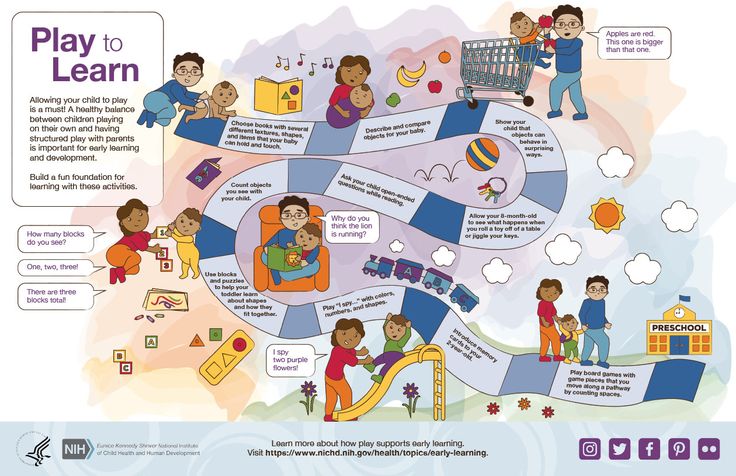 He believes in God, and we believe that God is one, and if so, then there will be no sin in our wedding. What does the church think? After all, I am Orthodox, so I need to get a blessing for marriage.
He believes in God, and we believe that God is one, and if so, then there will be no sin in our wedding. What does the church think? After all, I am Orthodox, so I need to get a blessing for marriage.
And this is not surprising. After the Soviet era, there was a "mixing of peoples." But how does God evaluate this matter? Contrary to the opinion of many, both the word of God and the rulings of the church clearly condemn marriages between Christians and non-Christians. If you look into the Holy Scriptures, you can read that almost throughout the entire sacred history, God warns against mixing people who are faithful to Him with those who do not do His will. And also about the fact that at the dawn of the world the Flood occurred, caused by the fact that "the sons of God saw the daughters of men, that they are beautiful, and took them as their wife, which one they chose." (Gen. 6:4)
“When we use the term “mixed marriage”, we, of course, primarily mean Tatar-Russian marriages,” says the imam of one of the mosques. “Now such families are for the most part a natural result of the destruction of traditional morality and morality, a consequence of the destruction of national cultures and languages. Is the current Russian-Tatar marriages based on true love? Do they correspond to our ideas of morality? No, between modern Tatars and modern Russians in their marriages, true love, alas, is not. These marriages are immoral, not patriotic, but remember: the main task of marriage is an axiom! - the continuation of the family, the nation. In these marriages, as a rule, children grow up - either Russian, or completely non-national. Tens, hundreds of thousands. Who are we educating? Whom will they raise and educate, these children? How can a person mature without his own nation, school, culture? In my opinion, in such a multinational state, a special law should be adopted, according to which each of the spouses entering into a mixed marriage would undertake to give their children knowledge of the culture and language of both peoples.
“Now such families are for the most part a natural result of the destruction of traditional morality and morality, a consequence of the destruction of national cultures and languages. Is the current Russian-Tatar marriages based on true love? Do they correspond to our ideas of morality? No, between modern Tatars and modern Russians in their marriages, true love, alas, is not. These marriages are immoral, not patriotic, but remember: the main task of marriage is an axiom! - the continuation of the family, the nation. In these marriages, as a rule, children grow up - either Russian, or completely non-national. Tens, hundreds of thousands. Who are we educating? Whom will they raise and educate, these children? How can a person mature without his own nation, school, culture? In my opinion, in such a multinational state, a special law should be adopted, according to which each of the spouses entering into a mixed marriage would undertake to give their children knowledge of the culture and language of both peoples.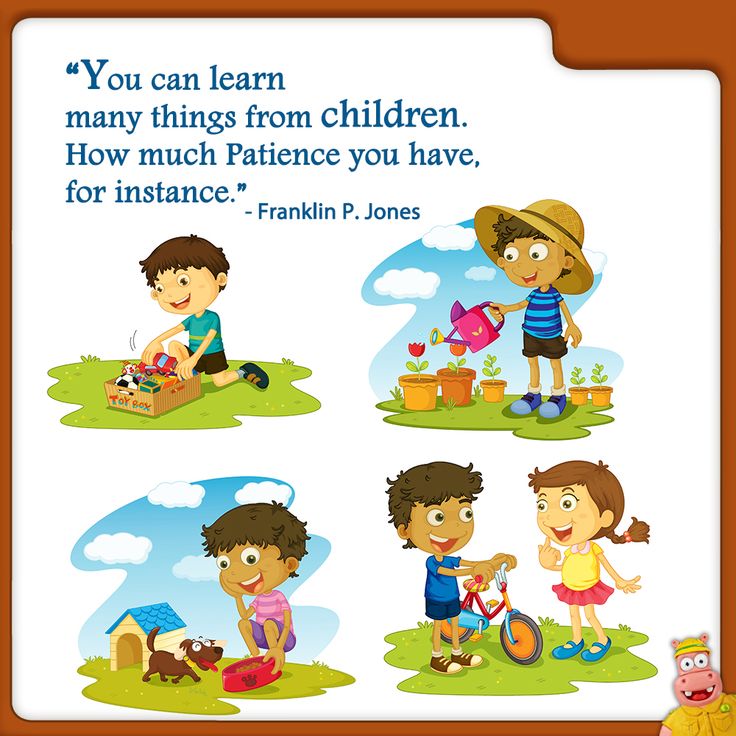 May love bring renewal and prosperity to all nations. Let them live, let them be happy. We just want to explain the degree of responsibility that these people bear to society, their native language and people. The epidemic of the birth of people without a clan and a tribe is what we want to ban.”
May love bring renewal and prosperity to all nations. Let them live, let them be happy. We just want to explain the degree of responsibility that these people bear to society, their native language and people. The epidemic of the birth of people without a clan and a tribe is what we want to ban.”
“I know one thing for sure: in mono-ethnic marriages there are no problems with what to name a son or daughter, there are no problems with religious rites either, relatives do not drip on the brains in this regard - there are already fewer risks!” - Supports Imam Irina .
“We also have a mixed marriage: I am a Muslim, my beloved is Russian,” says Alin a. - Even at the beginning of our relationship, we wanted to read us nikah (the Muslim rite is akin to a wedding). My husband, an Orthodox, was not against it, but when the mullah asked him if he was ready to change his faith, my husband did not quite understand what they wanted from him and said that God is one, just faith is different, and refused to change religion. Meaning, he says. I didn't insist, it's a personal matter. Mulla even shook his hand, says, well done, I respect him. It was at the Kul Sharif mosque. The mullah also told us that all those who read nikah or perform a wedding ceremony without changing their faith, such a marriage before God is like a great sin. We named our daughter a neutral name. When she was about a month old, her husband himself offered to give her a name according to Muslim customs. I was shocked, but in my heart I was delighted, of course. I would not agree to baptize her, but even until she chooses the faith herself (which was the contract initially), it was scary to wait: after all, the child walks without an angel. Now he affectionately calls her “my Tatar child”. I guess I was just lucky, but I think that if two people really love each other, then questions of nationality play a secondary role.
Meaning, he says. I didn't insist, it's a personal matter. Mulla even shook his hand, says, well done, I respect him. It was at the Kul Sharif mosque. The mullah also told us that all those who read nikah or perform a wedding ceremony without changing their faith, such a marriage before God is like a great sin. We named our daughter a neutral name. When she was about a month old, her husband himself offered to give her a name according to Muslim customs. I was shocked, but in my heart I was delighted, of course. I would not agree to baptize her, but even until she chooses the faith herself (which was the contract initially), it was scary to wait: after all, the child walks without an angel. Now he affectionately calls her “my Tatar child”. I guess I was just lucky, but I think that if two people really love each other, then questions of nationality play a secondary role.
Where does that come from?!
“Raising a child in a mixed marriage is always an unnecessary showdown, if not with a spouse on the topic of proper upbringing, then with grandparents, for sure,” says Aigul . - Only later, many years later, I understood the phrase of my grandmother, who said that in the old days they were taught to choose a spouse of their nationality, if only so that there would be no unnecessary problems in marriage related to religion and creed. I lived in a mixed marriage, with my first husband for ten years. We divorced. We, of course, had other reasons for the divorce, but the main obstacle, in my opinion, was a thousand different little things that then make up a whole life. In general, I absolutely agree with the Jews who write down nationality according to their mother. Because it is the mother who lays the foundation of everything in the child. She does it the way her mother taught her, and her mother was taught by her mother, that is, her grandmother. Well, she won’t be able to do it the way moms and dads did, not because she doesn’t want to do it, but simply because she doesn’t know it. And to learn this, you need to live a new life.
- Only later, many years later, I understood the phrase of my grandmother, who said that in the old days they were taught to choose a spouse of their nationality, if only so that there would be no unnecessary problems in marriage related to religion and creed. I lived in a mixed marriage, with my first husband for ten years. We divorced. We, of course, had other reasons for the divorce, but the main obstacle, in my opinion, was a thousand different little things that then make up a whole life. In general, I absolutely agree with the Jews who write down nationality according to their mother. Because it is the mother who lays the foundation of everything in the child. She does it the way her mother taught her, and her mother was taught by her mother, that is, her grandmother. Well, she won’t be able to do it the way moms and dads did, not because she doesn’t want to do it, but simply because she doesn’t know it. And to learn this, you need to live a new life.
Therefore, it is foolish to think that by marrying a Russian girl, a Tatar will get Tatar children. The same is the opposite. My husband and I lived for the first three years, not noticing the difference in our nationalities, until our son was born. This is where it started. Each grandmother tried to "pull the blanket" in her direction. In this little undeclared war, we suddenly began to notice that we are very different. It turned out that I didn’t know at all how to address my child affectionately in Russian, although I never noticed any problems with the Russian language. It just automatically happened to me that I addressed my child in the Tatar language, although in ordinary life I never spoke much Tatar and spoke more and more in Russian. It turned out that I did not remember a single lullaby in Russian, but in Tatar I suddenly remembered three. It asks: “Where? I often recalled an episode from the film "17 Moments of Spring", how the radio operator Kat on the delivery table shouted in Russian: "Mom!" I want to wish everyone who is in a mixed marriage, patience and wisdom. It's a lot of hard work every day.
The same is the opposite. My husband and I lived for the first three years, not noticing the difference in our nationalities, until our son was born. This is where it started. Each grandmother tried to "pull the blanket" in her direction. In this little undeclared war, we suddenly began to notice that we are very different. It turned out that I didn’t know at all how to address my child affectionately in Russian, although I never noticed any problems with the Russian language. It just automatically happened to me that I addressed my child in the Tatar language, although in ordinary life I never spoke much Tatar and spoke more and more in Russian. It turned out that I did not remember a single lullaby in Russian, but in Tatar I suddenly remembered three. It asks: “Where? I often recalled an episode from the film "17 Moments of Spring", how the radio operator Kat on the delivery table shouted in Russian: "Mom!" I want to wish everyone who is in a mixed marriage, patience and wisdom. It's a lot of hard work every day. May you succeed."
May you succeed."
“Like any normal adequate person, I believe that everything depends on upbringing, and nationality does not affect character in any way,” Anton defends his opinion. - A Negro child raised in a Ukrainian family will behave not like a Ukrainian, not like a Negro, but like the people who raised him. It doesn’t matter what nationality you are, not only skin color, but also temperament can be genetically transmitted to you, I absolutely agree with this. But moral norms that limit the actions of everyone - both Russian and non-Russian - are instilled at birth. If a rapist grows up in a mixed family of Georgians - a Russian, or an alcoholic grows up in a mixed Russian - Georgian family, then this is not because all Georgians are rapists, but Russians are alcoholics. Because their parents raised them that way. By the way, when they say that Russians behave normally, while Georgians, for example, behave abnormally, a reasonable question arises: what positive qualities are there in the character of Russian people that are not in the character of non-Russian people? And with mother's milk do these qualities appear in a person? In my opinion, all this is nonsense, dividing society.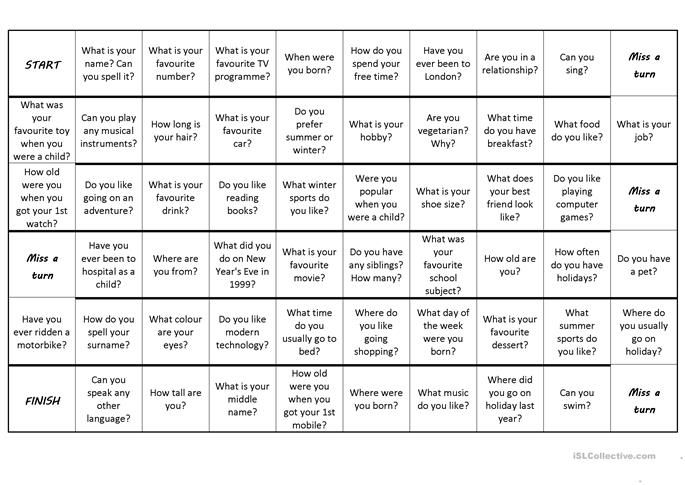
“I would not like to talk specifically about the specifics of interethnic families,” says psychologist Marina Zvyagintseva .– I would like to talk about what, one way or another, is important in marriage: how suggestible, selfish and stubborn in terms of religion people are . If both the father and the mother are deeply internally convinced and stand their ground, then no matter what nationality they are, they will always fight for their right, for some contribution to the child. And if people are compliant by nature and really happy with their marriage, then there are no nationalities in this, there is only that they want to be a happy family, they want to properly raise their children. This is not a question of nationality, but a question of personality. And such reasoning is available to everyone.
Let's put religious canons aside. If two married for love, and at the same time both are quite open and flexible people, ready to meet each other halfway, then each of these parents has a hope that the child will absorb two cultures. It will be equally good to speak two languages, feel belonging to two nations at once, and, it should be noted, will only get rich from this, and in no way lose anything. And how often in real life does a child form a so-called bi-ethnic identity - a sense of his similarity with two ethnic groups at once, a sense of competence in two cultures? Is this too common?
It will be equally good to speak two languages, feel belonging to two nations at once, and, it should be noted, will only get rich from this, and in no way lose anything. And how often in real life does a child form a so-called bi-ethnic identity - a sense of his similarity with two ethnic groups at once, a sense of competence in two cultures? Is this too common?
“Of course, this is a very common case, if we take that particular example of a happy family,” sociologist Elena Nasyrov confirms a. - But one way or another in any family, the child is more drawn to one of the parents, such is life. Either to dad or mom, and as a rule, he still chooses the dominant culture, which parent he is closer to. If he is closer to his father, and, for example, who professes Orthodoxy and lives according to church traditions, then most likely this will also be closer to the offspring. Or, for example, if a daughter reaches out to her mother, then it will be the other way around.
“There is a very important point in this matter,” psychologist Marina Zvyagintseva insists, “it is necessary for parents to carefully monitor that their disagreements do not affect the child. After all, let's be frank, an interethnic family where there is never any friction on this issue is a utopia. Quarrels between parents happen in any family, nevertheless, the fact is that they themselves chose each other. With the older generation, with the parents of my half, it seems to me that in the case of interethnic marriages it is more difficult to manage. Our parents are less flexible psychologically, and this can have a rather strong impact on the perception of difference in cultures, habits and traditions. But I recommend that young people listen to each other, and not to the “friendly” advice of relatives.”
After all, let's be frank, an interethnic family where there is never any friction on this issue is a utopia. Quarrels between parents happen in any family, nevertheless, the fact is that they themselves chose each other. With the older generation, with the parents of my half, it seems to me that in the case of interethnic marriages it is more difficult to manage. Our parents are less flexible psychologically, and this can have a rather strong impact on the perception of difference in cultures, habits and traditions. But I recommend that young people listen to each other, and not to the “friendly” advice of relatives.”
The main thing is to love
“I baptized my firstborn son in secret from my Muslim husband,” Sofya reveals secrets . - I know that I did, most likely, not too well in relation to him, but I am against the rites that his mother insisted on. Now I at least know that my child is mine and spiritually mine!” “I perceive extremely negatively those women who do this! This is disrespect for the second half, because you can, still you can, come to some kind of compromise, the simplest thing is to let the child choose his own faith when he reaches a conscious age, - he is indignant Hope .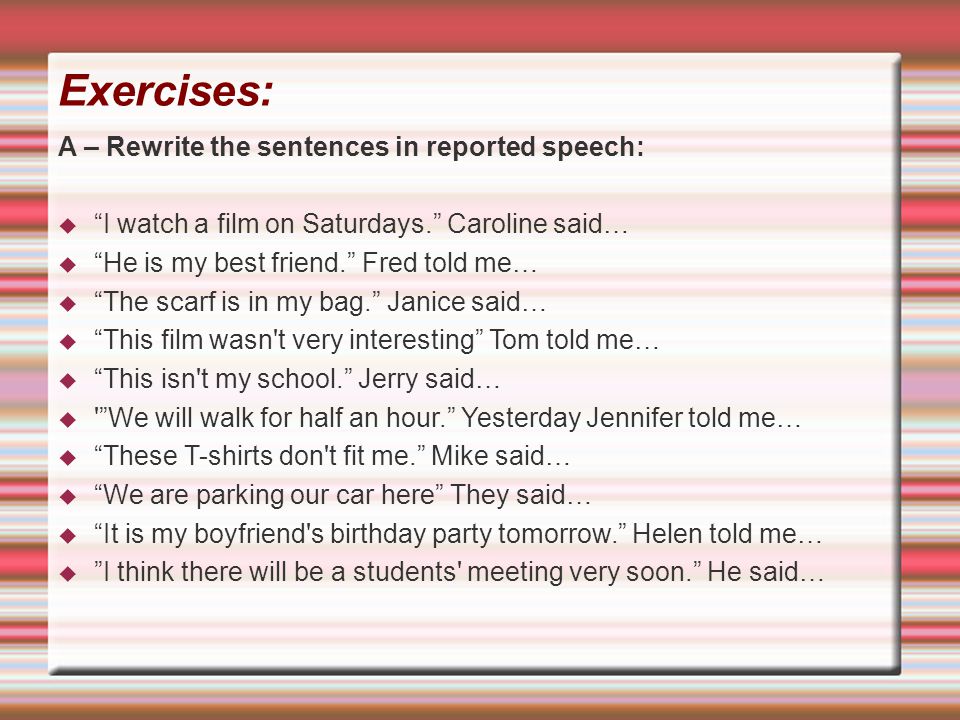 “For example, my husband and I did just that. Religion is not a reason for discord. We just have twice as many holidays in our family, we respect each other's faith, and our sons too! This makes the atmosphere at home warmer, and does not turn children into the subject of religious wars.
“For example, my husband and I did just that. Religion is not a reason for discord. We just have twice as many holidays in our family, we respect each other's faith, and our sons too! This makes the atmosphere at home warmer, and does not turn children into the subject of religious wars.
“I'm Russian, my husband is Tatar,” says Marina , smiling. - We went to marriage with him for a long time, from the age of 17, first we met, then we parted. Then he married a Tatar woman, but could not live with her. As he himself says, he has always loved me. I didn't get married, but I lived with a Russian. All these years we lived dreaming of each other, and when we met again, we could no longer part. Now we are both 29years, we have two sons, whom we bring up equally, without trying to instill love for one or another religion. In the seven years that we have been married, we have never quarreled, so there were only minute quarrels. This is Love. My husband often tells me that without me he lived by reason, but with me he finally learned what it means to love! For me, my husband is everything! I love him.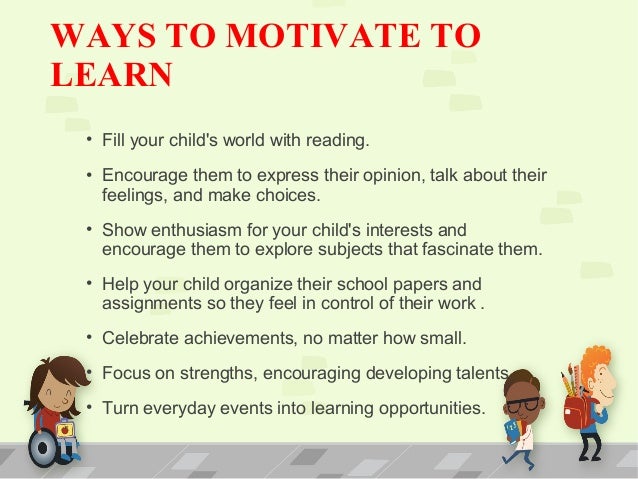 True love has no nationality! And when parents are happy, children are happy too!
True love has no nationality! And when parents are happy, children are happy too!
Life, like love, knows no boundaries and conventions, and this can only be rejoiced at! They say that the most interesting and talented personalities grow up in families where parents carry the traditions of different peoples and religions.
Mixed disorder - Snob
What to do when a normal healthy child behaves unpredictably? So much so that both parents and teachers just shrug their shoulders, unable to change anything. Let's think together
Illustration: Veronchikchik— I understand that you, of course, will not help us in any way… — the woman shook her head in dismay.
"Not a promising start to a conversation," I remarked.
“Oh, yes, I'm sorry,” she seemed to catch on, smiled a mirthless smile, and took out a thick medical record.
I was almost certain that her child had some kind of severe, disabling, incurable, and possibly progressive disease.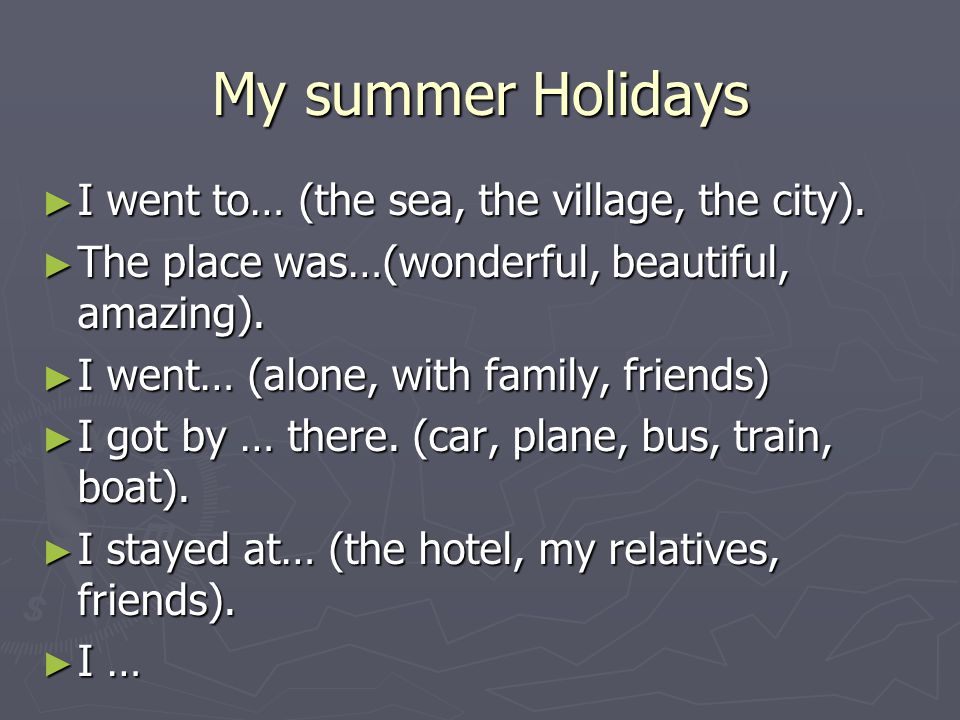 In such cases, as a rule, I really cannot help the child in any way, but sometimes it is useful to talk to the mother to alleviate the general situation.
In such cases, as a rule, I really cannot help the child in any way, but sometimes it is useful to talk to the mother to alleviate the general situation.
— I probably just came to speak out, meanwhile the woman said, completely justifying my assumptions.
- I am listening to you carefully. What is the child's main diagnosis?
- Mixed disorder of behavior and emotions.
Wow! I mentally exclaimed. But under this - I knew from experience - anything can be hidden, from schizophrenia that has not been identified for the time being to pedagogical neglect.
— How old is the child?
- Twelve.
— Studying in a regular school?
— Not now.
— In a special school?
— No, at home. I would probably prefer a special school. And probably - it's terrible to say that, I understand - it would be easier for me if he was a real disabled person - mental or physical, it doesn't matter, so that people look at him and immediately understand: the child is disabled, cannot walk, or there is a syndrome Down with him, a violation of the intellect.
- Would you like to have a child with Down syndrome instead of your child? – not hiding my surprise, I mirrored. Would that solve any problems you currently have? Did I understand you correctly?
The woman jerked as if from a blow, and then nodded decisively:
— Yes! Then I would treat him and develop him calmly, use everything that we are supposed to, and generally understand what kind of world I am in. And in general, now they say everywhere that all children with Down syndrome are completely kind and emotionally positive.
“They're lying,” I said firmly. - Children born with Down syndrome are different in character, like all other people, but with very serious impairments in health and intelligence. But let's tell you from the very beginning.
— Yes, of course.
Slavik was born on time after the desired pregnancy, absolutely healthy and very nice. Sheer joy. He also developed according to age: he sat down on time, got up, walked, spoke. Of course, there were tantrums, if something was not according to him, the child could throw something at his mother, hit him, but they kindly exhorted him and said among themselves: he is still small, he does not understand. Then: probably, this is a crisis of three years or something like that.
Of course, there were tantrums, if something was not according to him, the child could throw something at his mother, hit him, but they kindly exhorted him and said among themselves: he is still small, he does not understand. Then: probably, this is a crisis of three years or something like that.
Even before the real kindergarten, they tried to send Slavik to a Montessori group. And it was there that the first bell rang: he beats other children, takes away their toys, does not obey the teacher.
"Isn't it their business to cut him short and force him?" - asked the husband and father, who at one time went to the kindergarten himself and, distinguished by a very violent disposition, spent a lot of time “on a high chair” and even in the pantry.
— No, it's none of our business, — the private kindergarten teachers answered and asked to pick up Slavik. “We have an educational institution, not a correctional institution. Perhaps your child needs to be examined and treated, they added in parting.
We went first to a therapist, then to a neurologist. The neurologist said that everything is in order, and also mentioned the crisis of three years. They began to wait for the end of the crisis. The crisis did not end.
Slavik continued to develop according to his age: he spoke in sentences, read poems, sang songs, liked to play role-playing games, where he always chose the most aggressive roles for himself, and generally liked to be an "evil" character.
At home — “if everything goes according to him” — Slavik seemed like a perfectly normal child, he could be affectionate and helpful, he asked many questions, including interesting ones. He remained very attractive in appearance: large blue eyes, regular features, slightly curly dark blond hair. But if something went wrong - something didn’t work out, they didn’t give it, any refusal or failure, it was as if he was “torn off the coils”: he could yell, swear dirtyly, throw whatever he got.
They tried hard to send them to kindergarten.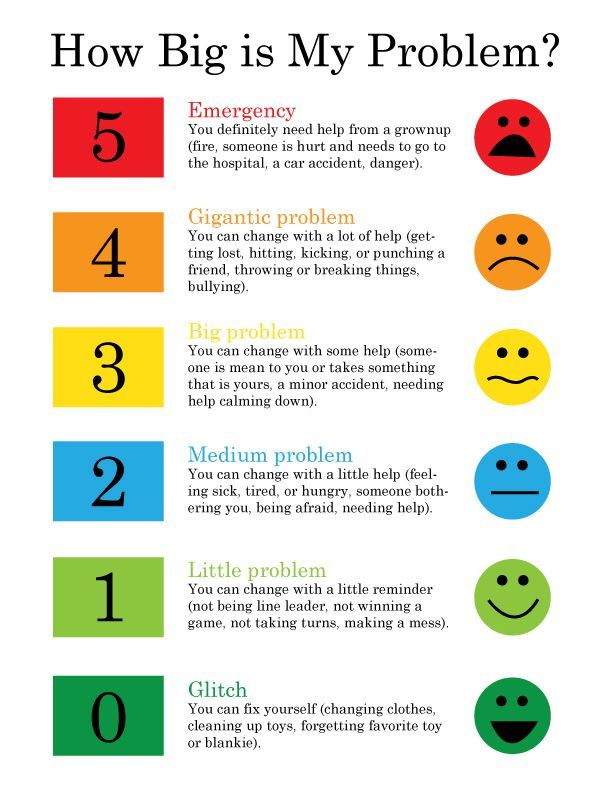 In the first, the parents wrote a collective complaint: "protect our children from this psychic." In the second, the teacher did not complain about anything, but Slavika, just about, grabbed and shook, yelling that she would hand him over to the police or take him to a landfill (this, as it turned out later, was told by other children to their parents). Slavik himself did not say anything, but he began to have nocturnal enuresis, and then the parents found bruises in the shape of fingers on the child's shoulder. Complained to the director. He called the teacher. She, oddly enough, did not deny anything, but for the first time she told the specifics about the behavior of the child in the group and the threats to other children. “I would have left him here before school, because otherwise you will cry later,” she said. “But you can take it, you know better.” The director seems to be confused. Parents wrote a statement and took Slavik away. Slavik stayed in the third kindergarten for almost a year before going to school.
In the first, the parents wrote a collective complaint: "protect our children from this psychic." In the second, the teacher did not complain about anything, but Slavika, just about, grabbed and shook, yelling that she would hand him over to the police or take him to a landfill (this, as it turned out later, was told by other children to their parents). Slavik himself did not say anything, but he began to have nocturnal enuresis, and then the parents found bruises in the shape of fingers on the child's shoulder. Complained to the director. He called the teacher. She, oddly enough, did not deny anything, but for the first time she told the specifics about the behavior of the child in the group and the threats to other children. “I would have left him here before school, because otherwise you will cry later,” she said. “But you can take it, you know better.” The director seems to be confused. Parents wrote a statement and took Slavik away. Slavik stayed in the third kindergarten for almost a year before going to school.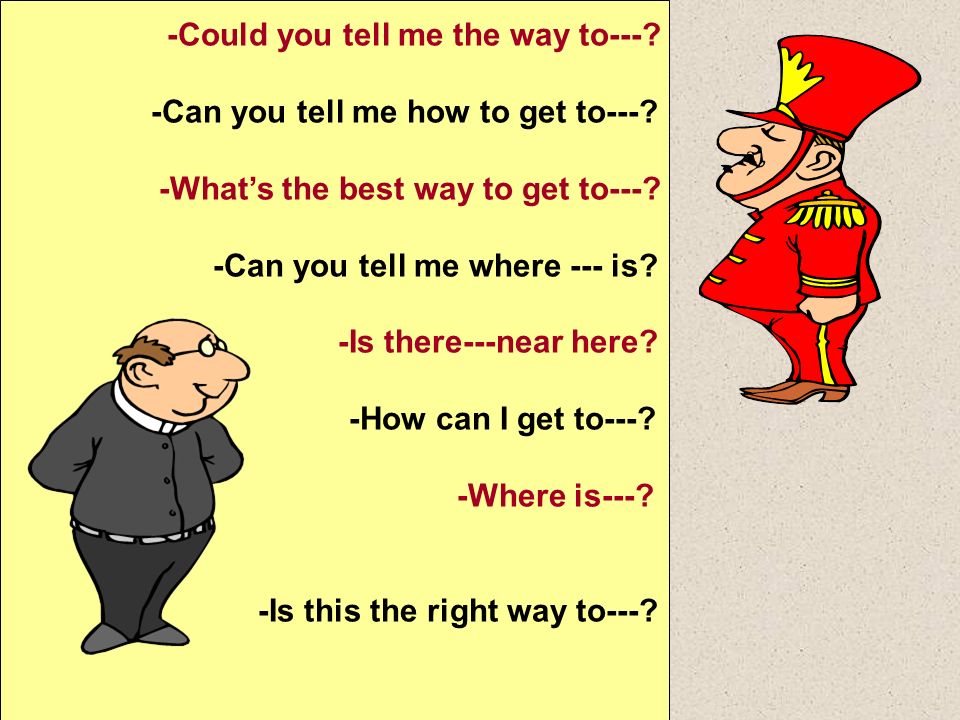 Teachers, children, and their parents constantly complained about him, and everyone shook their heads: how will he be at school? At the same time, everything was uneven - sometimes in a week there was not a single complaint and a successful performance at the holiday, and then like a lump from the mountain: he hit a girl, disrupted a musical lesson, locked himself in the toilet and did not go out, threw a cutlet out the window, etc. etc. Item
Teachers, children, and their parents constantly complained about him, and everyone shook their heads: how will he be at school? At the same time, everything was uneven - sometimes in a week there was not a single complaint and a successful performance at the holiday, and then like a lump from the mountain: he hit a girl, disrupted a musical lesson, locked himself in the toilet and did not go out, threw a cutlet out the window, etc. etc. Item
We went to the doctors again. The doctors ordered examinations, the results were somehow intelligently interpreted and said to the confused parents, for example, like this: “Here we see a clear immaturity of the alpha rhythm and minimal theta activity in the occipital region in the waking state.”
Then Slavik drank drugs prescribed by doctors. Most of them were “what a pellet for an elephant” to the boy, and from one of them he suddenly became lethargic and red, like boiled beets. Parents were horrified and the medicine was immediately canceled.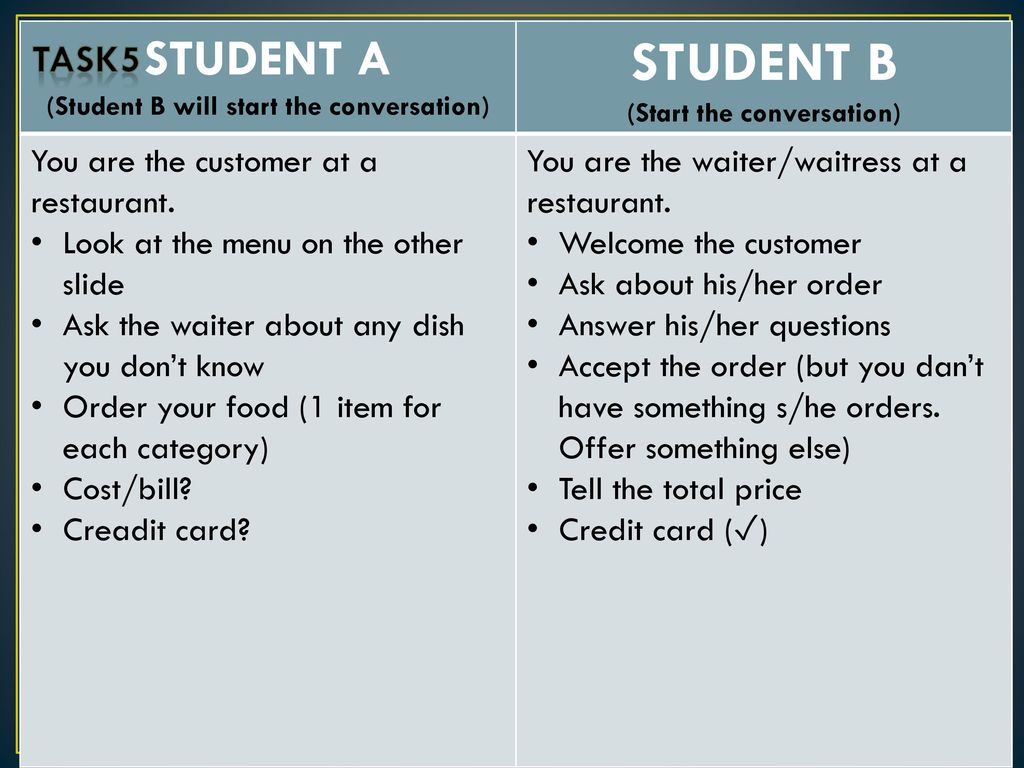
A psychiatrist with extensive experience (Slavik liked him very much, and he talked with him with pleasure) said: judging by your stories, there is, of course, something, but nothing specific, such that would require the use of heavy pharmaceutical artillery from I don't see a small child yet. Try pedagogy.
Slavik went to school. The first teacher was young and inexperienced. She was horrified already in the first week, by the end of the first month she called her mother and said that she did not see the possibility of teaching such a child in a comprehensive school.
— What's wrong with him? Well, you are a teacher, tell me finally! What?! cried the desperate mother. - He can read, write, sit at a desk, greet and say goodbye, run, jump, play, ask questions. What's wrong with him?! What am I supposed to do?
The teacher's hands and lower lip began to shake. She said softly:
- I don't know. But you'd better take him somewhere before he kills someone here. We'll go to jail - you and I at the same time.
We'll go to jail - you and I at the same time.
Then there was a medical-psychological commission, which Slavik, like the psychiatrist, liked very much: everyone watched and listened only to him. The commission stated that the development of the boy is perfect for his age and he was not shown a special school, he was shown classes with a psychologist, supervision of a social worker, and something else like that.
Of course, the school was not going to provide him with such a volume, but the young teacher said that if he stays, then she quits. Slavik was transferred to another class, and there a strict, middle-aged teacher surprisingly found an approach to him - for two years they lived relatively calmly. At school, Slavik studied and even somehow observed discipline. At home, torn notebooks were flying and dirty abuse was heard.
— You know, sometimes it seems to me that you just need to beat him, — father said thoughtfully. - To beat for the slightest violation, like a Sidor's goat. And then everything will be fine.
And then everything will be fine.
— But he's a child! And he's not well! mother exclaimed.
“Just try it,” suggested Slavik looking at his father frowningly. “I’ll immediately report you to the police, and they’ll put you in jail.
Then the teacher fell seriously ill for a long time, another one came to replace her, and everything immediately collapsed - Slavik's parents literally did not get out of the school. Home schooling was offered so insistently that it was impossible to refuse. At first, Slavik liked home schooling (his performance even improved significantly, however, he generally studied well), and then he began to rapidly desocialize: he could not communicate with children at all, did not listen to objections, all the time seemed to be “boiling” inside. The doctor prescribed pills - it immediately became quieter and sadder, the child slept a lot and recovered by 12 kilograms.
In the fifth grade, they tried to enter a comprehensive school. They held out for three months, then the parents wrote a collective complaint: “Take this away from us. ” There was another school. They suggested: "Let's start from scratch!" Slavik seemed even inspired, saying that he would try to restrain himself, make friends with someone, study with others, do his own homework. For half a year everything was fine, then one ugly scene, a break of two months and three others almost in a row. “Within our walls, such behavior is unacceptable!” - the gray-haired headmistress said to Slavik's mother with dignity.
” There was another school. They suggested: "Let's start from scratch!" Slavik seemed even inspired, saying that he would try to restrain himself, make friends with someone, study with others, do his own homework. For half a year everything was fine, then one ugly scene, a break of two months and three others almost in a row. “Within our walls, such behavior is unacceptable!” - the gray-haired headmistress said to Slavik's mother with dignity.
Now Slavik is almost thirteen. He studies at home, or rather, almost stopped studying, and no one can force him. He says that he hates everyone and himself too. Sitting and playing computer games.
The mother says that recently she has been thinking about suicide more than once and is very sorry that she had an unsuccessful abortion in her time, now another child would be very useful to her, whom she could look at and think about. Because now she has the feeling that she does not live at all - all this hangs over her with a huge stove, and she does not want to go home, and there is no light at the end of the tunnel, and there is no hope that her son will change and begin to successfully socialize.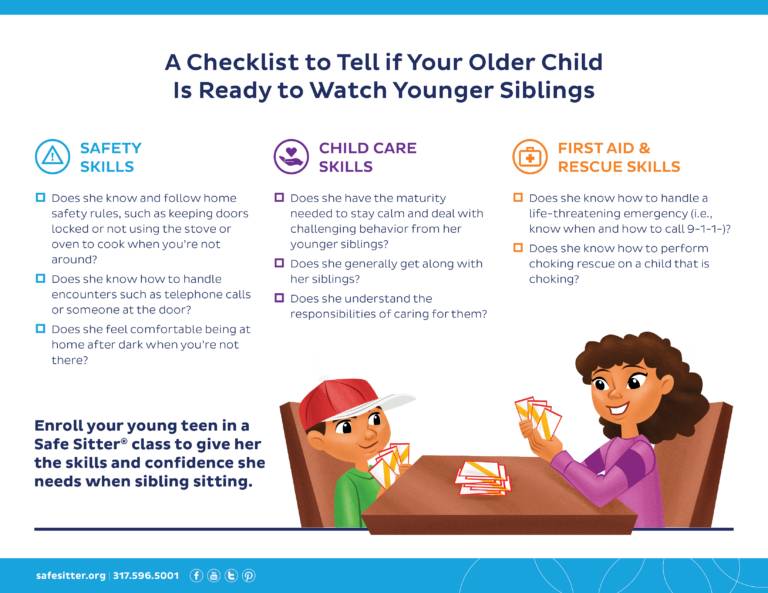 Does that mean she's got to drag him to death?
Does that mean she's got to drag him to death?
“I understand that no one in society should tolerate him like that,” says the mother. But I don't understand what to do in this situation. Sometimes I hate and despise myself too. Maybe the husband was right, and if the son was just afraid, then everything would look more normal now? Or if he was sick more severely? Frankly disabled children are now happy to help, but Slavik does not look like a disabled person at all. If he were here and he liked you, you would never even guess that something was wrong with him - he would be nice, polite and interesting to you. But thanks for listening. For a while, I felt a little better.
***
Children with behavioral disorders. Probably with some minimal mental impairment. There are many of them, in fact many times more than severe mental and physical disabilities. The world outside now is not inclined to break them roughly and adapt them to itself. Everything remains at the mercy of the family and doctors.
